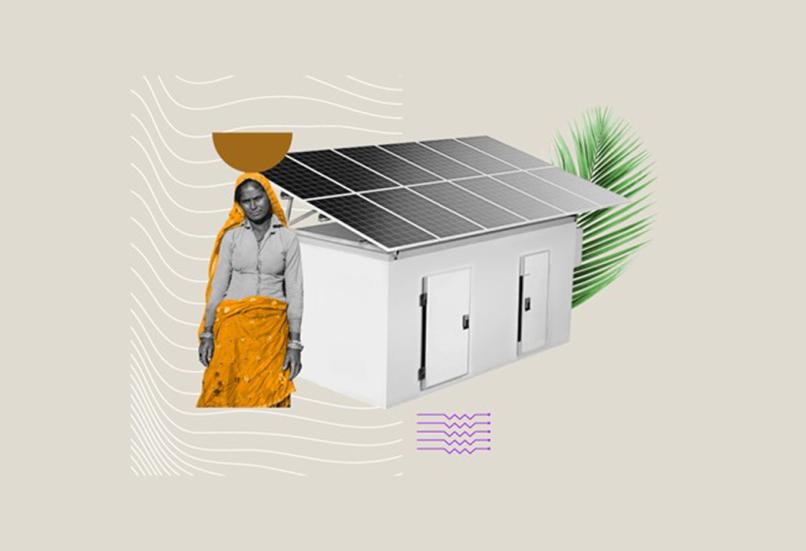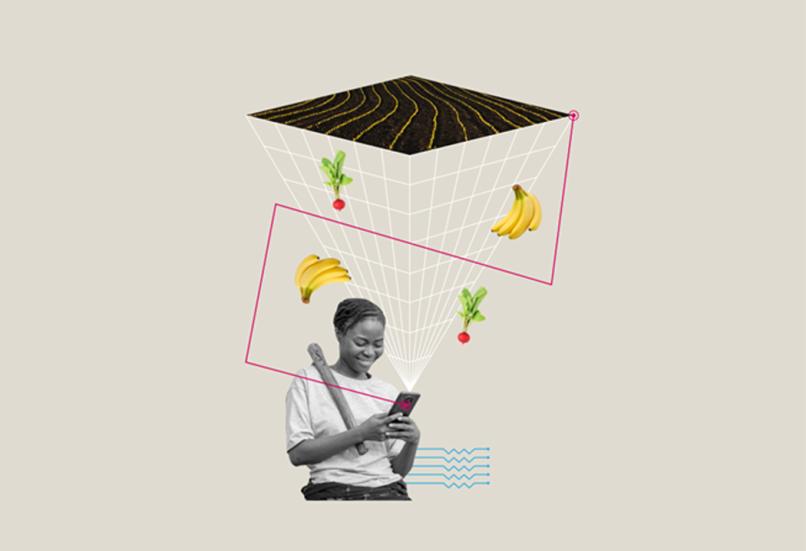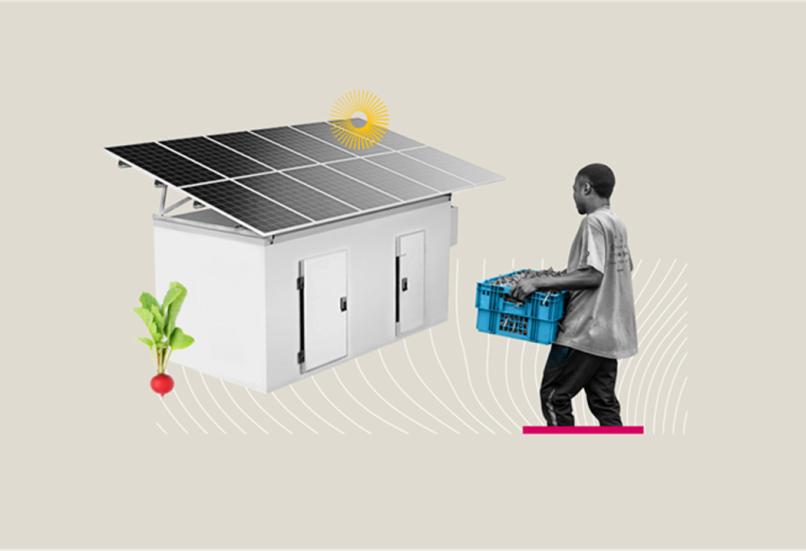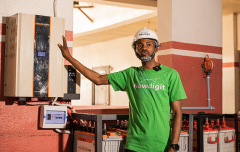Chilling Prospects 2022: Using data science and innovative business models to strengthen agricultural cold chains in India and Nigeria
|
Reflections on five years of the Kigali Amendment by the Basel Agency for Sustainable Energy (BASE) |
With a warming planet, growing population and developing economies, the global demand for cooling is set to triple by 2050. To address the rising demand for energy and curb the release of toxic gases into the atmosphere, in 2018 the Basel Agency for Sustainable Energy (BASE) launched the Cooling as a Service (CaaS) initiative, which significantly accelerated the uptake of clean, energy-efficient cooling technologies around the world in a way that targets sustainable business growth and mitigates the impact of cooling on the climate.
The initiative established an alliance, which today has more than 70 companies on board, and its business model has been implemented in a variety of sectors and buildings, spanning education to healthcare, industry to commerce. The model is based on the servitization strategy, through which customers purchase cooling, rather than having to invest in and operate the infrastructure needed for cooling. By removing the hurdles of high upfront investment and operation and by aligning incentives towards efficiency, the model powerfully tackles the need for cooling and addresses its impact on climate change.










